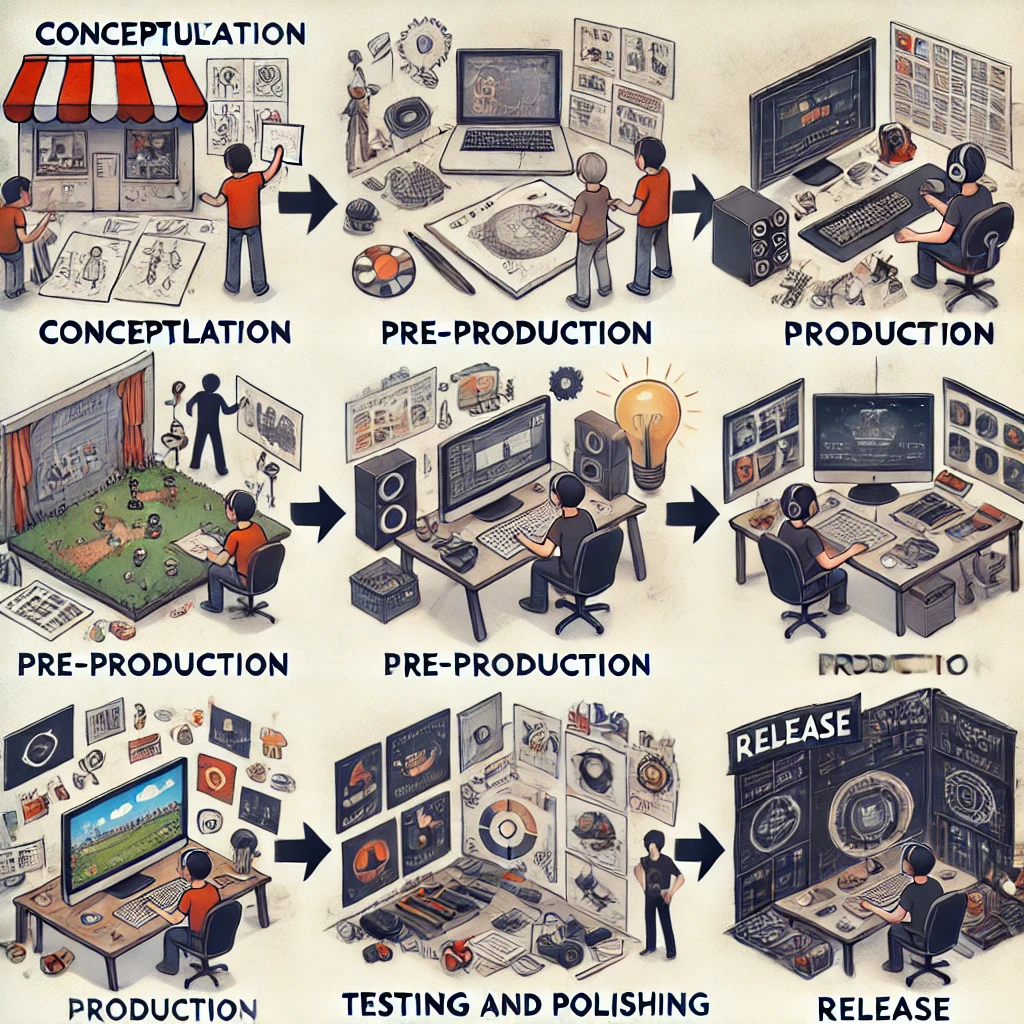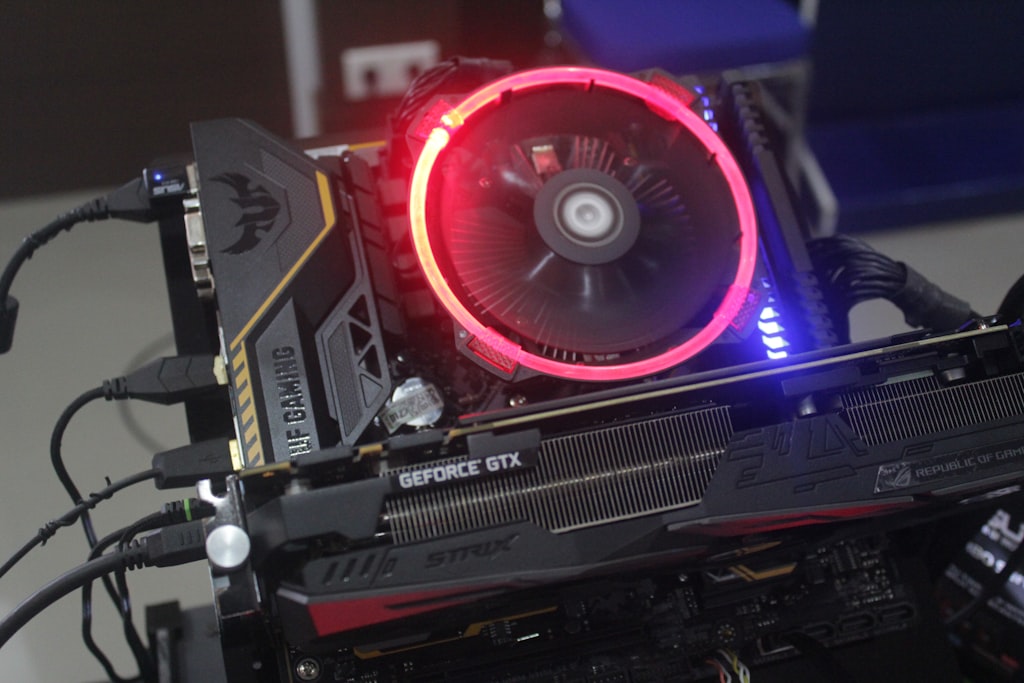Game Development from Scratch: From Idea to Release
Author: Marcelina Calderon

Game development is a fascinating and complex process that takes an idea from concept to a fully realized interactive experience. Whether you're an aspiring indie developer or part of a small team, understanding the stages of game development can help you navigate the journey from idea to release.
The first stage in game development is conceptualization. This is where the initial idea for the game takes shape. It involves brainstorming and refining the core concept, defining the game's genre, target audience, and unique selling points. During this phase, developers also start to think about the gameplay mechanics, story, and visual style that will make their game stand out. It's essential to document all ideas, as this will form the foundation of the game design document (GDD), which will guide the entire development process.
Once the concept is solidified, the pre-production phase begins. This stage involves creating prototypes to test gameplay ideas and mechanics. It’s a critical period where developers explore different options and make key decisions about the game’s structure. The team also works on establishing the game’s technical requirements, such as choosing the right engine, programming languages, and tools. Pre-production is about laying a strong foundation, ensuring that when full production starts, the team is well-prepared to execute the vision.
The production phase is where the bulk of the game development takes place. This is when artists create the visual assets, designers build levels and mechanics, and programmers write the code that brings everything to life. It's a highly collaborative process, requiring constant communication between team members to ensure all aspects of the game come together seamlessly. During production, regular testing is crucial to identify and fix bugs, refine gameplay, and ensure that the game is fun and engaging.
As the game nears completion, the team enters the testing and polishing phase. This stage is all about fine-tuning the game to make sure it runs smoothly on all intended platforms. Quality assurance testers play the game extensively, searching for bugs, performance issues, and other problems that need to be addressed. Feedback from testers is invaluable in this phase, as it helps developers make the final adjustments that can make or break the player’s experience.
Finally, the game reaches the release phase. Before the game is launched, the team prepares marketing materials, builds a community of potential players, and sets up distribution channels. Depending on the platform, this might involve submitting the game for approval, preparing digital storefronts, or organizing physical distribution. A successful release is the culmination of months or even years of hard work, but it's not the end of the journey. Post-release support, including patches, updates, and possibly downloadable content (DLC), ensures that the game continues to perform well and meet player expectations.
Game development is a rewarding but challenging process. From the initial idea to the final release, each stage requires careful planning, creativity, and technical skill. By understanding and respecting each phase of development, creators can bring their vision to life and deliver a game that resonates with players.




